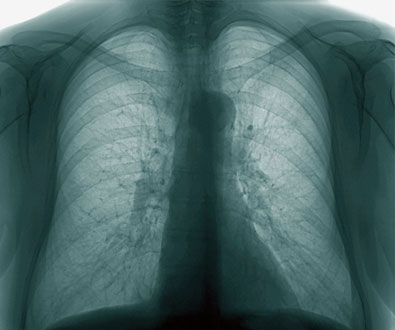
10 June 2015
A recent SciMon video on Illumina’s YouTube channel highlights a paper by Gemma L. Kay and colleagues at University College London titled, “Eighteenth-century genomes show that mixed infections were common at time of peak tuberculosis in Europe,” which recently appeared in Nature Communications.
Tuberculosis (TB) is one of the common infections that have plagued mankind for centuries. Once a major killer in Europe, it remains unclear when TB reached its peak prevalence in Europe and how it is different from TB today.
Kay and colleagues studied TB sequences obtained from 18th century mummified human remains excavated from a Dominican church in Hungary. They found that five of the eight individuals shared infections with multiple TB strains. Surprisingly, these individuals carried 14 different strains of TB. In addition, different TB strains were found in different parts of the body, indicating spatial heterogeneity – uneven distribution of various concentrations of each species within the body.
These TB strains showed characteristics similar to lineage four, which currently accounts for over a million cases a year in Europe and in the Americas. The most common recent ancestor for lineage four spans a range between the Iron Age and the Roman period.
Compared to traditional methods, deep sequencing allows for multi-strain detection of TB, and not only identification in ancient, but also in contemporary TB infections. Sequencing could help in detection and control during future outbreaks.


